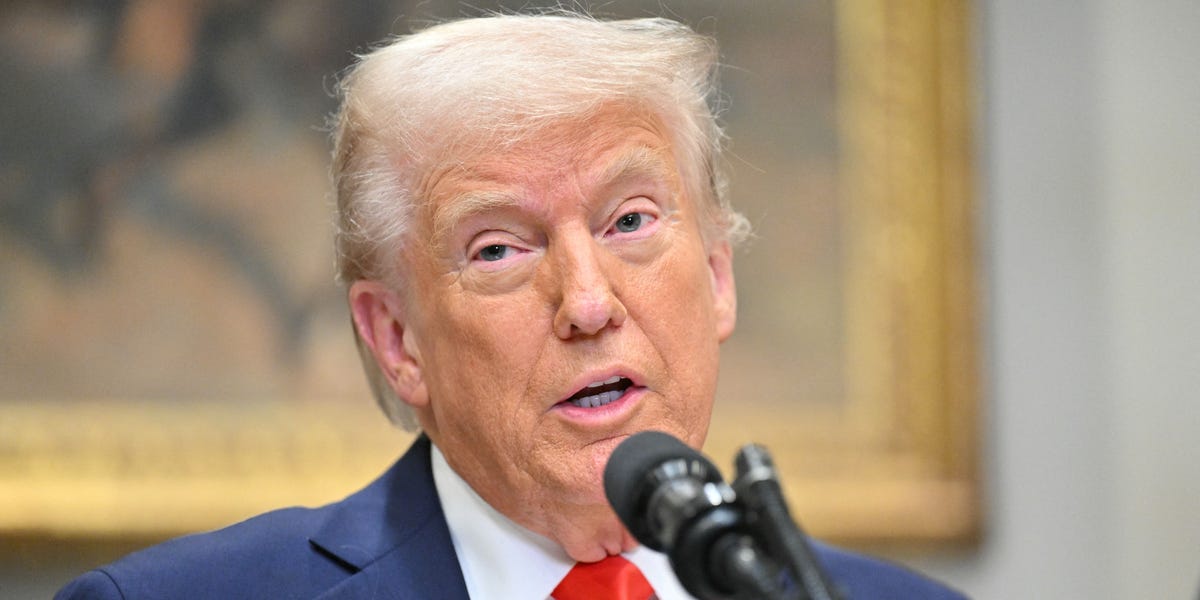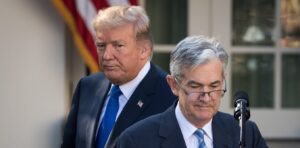President Trump Defends Reciprocal Tariffs as Market Reacts
The imposition of reciprocal tariffs by President Donald Trump is seen as a fulfillment of his campaign promises, according to his recent remarks. In an interview with ABC News, Trump emphasized that voters were aware of his tariff plans when they supported him in the last election.
“Well, they did sign up for it, actually. And this is what I campaigned on,” Trump stated, referencing the tariffs. He further explained that the United States has been “abused by other countries at levels that nobody’s ever seen before,” necessitating these measures.
On April 2, President Trump introduced extensive tariffs affecting more than 180 countries, initiating a 10% baseline rate on April 5. A more variable tariff structure, adjusted per country, started on April 9, alongside a 90-day pause in tariff enforcement.
The fluctuating nature of these tariff announcements has led to a significant market sell-off, while attracting criticism from economists and business leaders. Despite this, Trump insists that these tariffs are crucial for the nation’s economic health.
“I could have left it that way, and at some point there would have been an implosion like nobody’s ever seen. But I said, ‘No, we have to fix it,'” Trump remarked during the ABC News session, indicating his long-standing desire to address these trade issues.
Trump has reiterated his stance on tariffs multiple times. On April 20, he used Truth Social to express his views, saying, “THE BUSINESSMEN WHO CRITICIZE TARIFFS ARE BAD AT BUSINESS, BUT REALLY BAD AT POLITICS. THEY DON’T UNDERSTAND OR REALIZE THAT I AM THE GREATEST FRIEND THAT AMERICAN CAPITALISM HAS EVER HAD!”
Christopher Tsai, president and chief investment officer of Tsai Capital, shared concerns with Business Insider regarding the potential impact of these tariffs. He highlighted that, even with the 90-day pause, businesses might not have adequate time to adapt, potentially endangering the economic well-being of small and medium-sized enterprises, which contribute approximately 44% to the US GDP according to the US Chamber of Commerce.
“This is a lot more than numbers. People’s jobs are at stake and businesses that have been thriving and contributing to the economy for years are all of a sudden in an extremely different situation. That’s worrisome to me,” Tsai commented.
The White House did not offer a statement when approached by Business Insider for comments on the situation.






